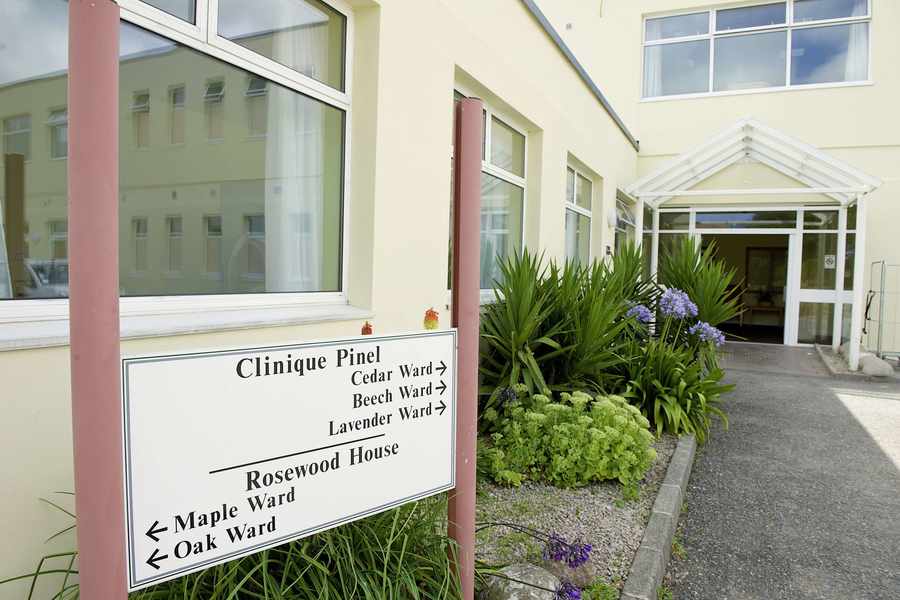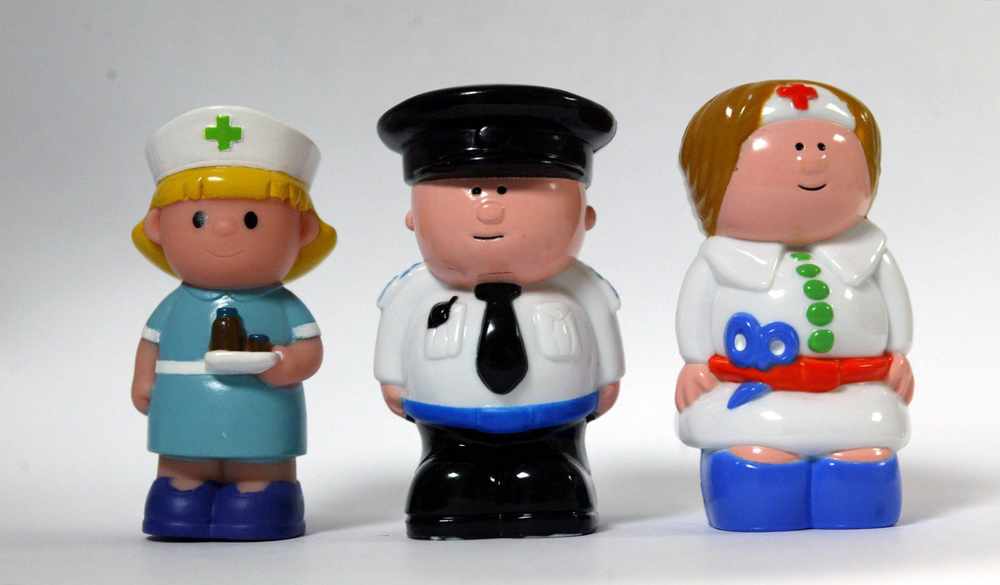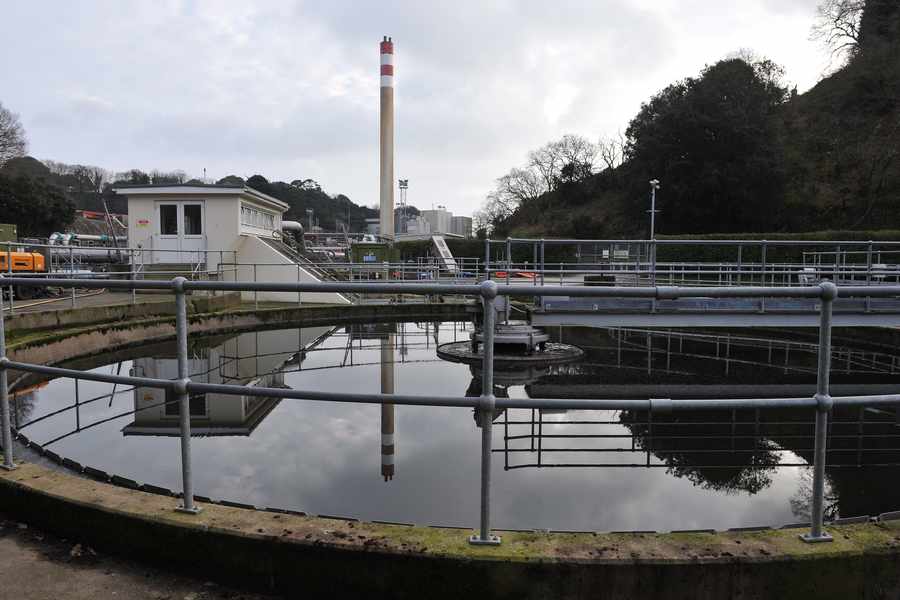Social Security Minister Susie Pinel recently set out a series of measures in the Medium Term Financial Plan to cut £10 million from her department’s spending.
As part of the savings, a ministerial decision was passed which means that under-25s seeking work while still living at home are unable to claim benefits individually, instead their household is assessed and the benefit will be paid to their parents instead.
Previously, jobseekers aged between 19 and 24 were eligible to claim income support of up to £92.12 a week, even if they were living at home with parents who were earning.
St Helier Deputy Geoff Southern had called for the ministerial decision, which does not need to be brought before the States, to be annulled so that a proper debate could be had within the States Chamber.
He said: ‘Ministerial orders are supposedly for matters which the States do not want or need to bother itself about.
‘In this case, it has been used for a change to the conditions of a number of people aged between 19 and 25 and I think that is disgraceful and deserves to be debated.’
Responding to the claims, Deputy Pinel said: ‘It is inappropriate to pay Income Support to young people who are living at home with parents if those parents don’t need financial help from the government.
‘It should not need a States debate to know that the right thing to do is remove £92 per week – essentially pocket money – from young people from better off families.’
The proposition to annul the decision was lost by 28 votes to nine.

IN APRIL this year the States predicted that Jersey would have a £125 million budget shortfall by 2019. Just three months later, the release of the Medium-Term Financial Plan (MTFP) for 2016 to 2019 has seen that figure rise to £145 million.
The additional £20 million shortfall has been caused in part by the expected loss of £13 million in company income tax – with revenue expected to fall by £10 million from one business alone – as well as changes to forecasts for inflation, interest and tax revenues.
Today, within the MTFP, the States have announced a package of measures to make up the expected deficit, with cuts to the public sector being the key target, as well as the imposition of new taxes and levies such as health and sewage charges to bolster the public purse.
How is the shortfall to be made up?
Depreciation
The largest chunk of the deficit is expected to be caused by depreciation – the reduction in value of States’ assets such as buildings and vehicles – which will account for £55 million in 2019.

Additional investment
Much of the deficit will be created by additional investments planned by the States, in particular on health and education, with an additional £40 million and £9 million planned to be allocated respectively.
Of the additional £40 million funding being set aside for the Health Department, £19 million is planned to meet increased demand for services, more than £3 million on early interventions to support vulnerable families and £2 million for mental health services.
An extra £4 million is also planned to be invested each year to maintain Health Department property.
Expenditure on Health and Social Services is expected to continue to rise as Jersey’s population ages. By 2035 the States predict that there will be 70 per cent more over the age of 65 living in the Island than there are today, and twice as many people over 85 as there are today.
Funding will therefore need to be found for new health technology, drugs and treatments if Islanders are to remain healthy throughout their lives.
Of the £9 million funding for the Education Department, the States have indicated that they will allocate an extra £3 million a year for information technology education and students who need extra support.
They also plan to continue investing in developing school infrastructures, including at Les Quennevais, Grainville and St Mary’s Primary School.
The States claim that Jersey’s academic performance has ‘plateaued’ over the last ten years and say that investment is a priority.
As well as spending on health and education, additional funding for other departments is forecast to contribute £13 million towards the shortfall.
Base budget
Aside from the planned additional investments, current spending commitments are expected to see a £28 million shortfall by 2019.
How will the States plug the financial black hole?

Cuts to the public sector
The States plan to save £90 million by 2019 by cutting back spending on Jersey’s public sector, with several measures already underway such as voluntary redundancies and renegotiation of existing contracts.
After announcing £60 million of cuts in April, the States has already increased its target by £30 million.
Public sector employees will bear the brunt of the proposed cuts, with staff costs now targeted to be reduced by £70 million by 2019. Proposed measures include redundancies, cutting back services, outsourcing work, pay freezes, reducing recruitment levels, performance management initiatives, departmental mergers, restructuring and the introduction of technology such as e-gov to reduce reliance on staff.
So far 7,000 States employees have been offered voluntary redundancy packages and all public sector employees have been forced to take a pay freeze this year with the exception of nurses and midwives who will receive a 0.4 per cent increase.
Compulsory redundancies are expected to follow once the voluntary programme has finished.
Health charge
The States aim to raise £35 million to offset against the expected deficit through the introduction of a health charge by 2019, but details of the exact nature of the charge are not yet known.
The health charge could be levied in the form of a flat user-pays charge, which would hit middle and low-income earners in particular – Health Minister Andrew Green was unable to confirm last month what form it will actually take.
If Jersey’s population remains at around 100,000, the proposed health charge will cost Islanders about £350 each per year on average.

Sewage charge
A further £10 million is planned to be raised through the introduction of user-pays charges for the disposal of liquid and solid waste – again the exact nature of this charge has not yet been confirmed.
Cuts to benefits
The States intend to freeze benefits spending until 2019 to save £10 million – they have said that they intend to minimise the impact by spreading cuts across a large groups of claimants.
Measures will include most elements of income support being frozen next year, one-off income support payments being replaced with loans, lone parents being treated the same as other adults for income support, pension and maintenance income being taken fully into account for income support calculations and under-25 jobseekers being treated in the same way as students of the same age for welfare purposes.






